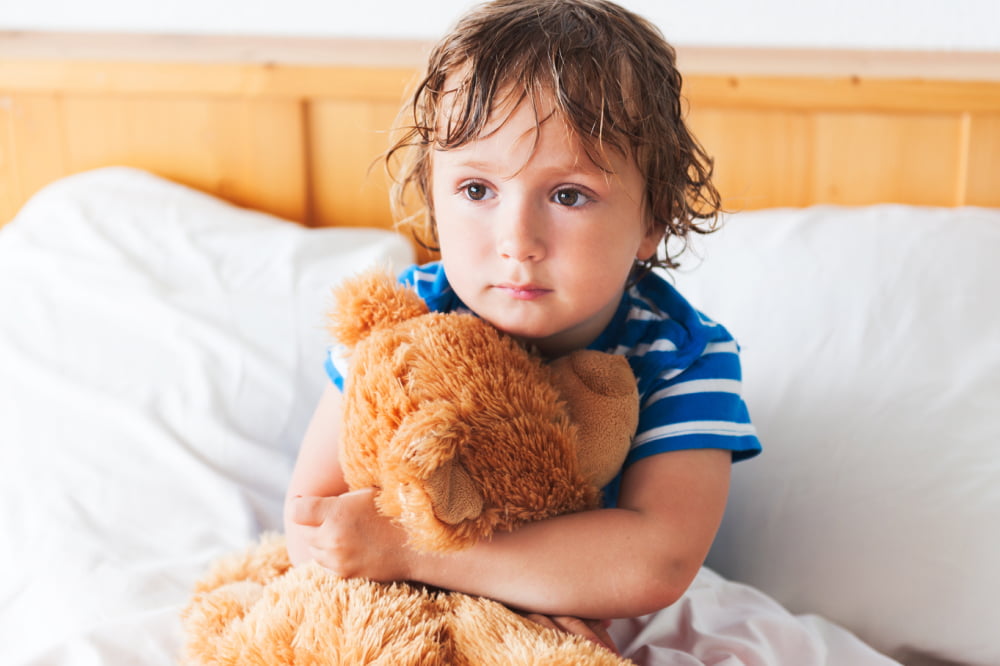
Bedwetting – Types, causes, and management
Bedwetting is a common childhood problem that affects 5-7 million children in the country each year. It is the inability to regulate one’s bladder during the night and is medically referred to as nocturnal (nighttime) enuresis. Bedwetting can be inconvenient, but it is quite natural during the developmental stage for some children. However, it might be a symptom of a more severe condition in adults. This article details the causes and treatments of bedwetting.
Types
- Primary nocturnal enuresis occurs when a person has never slept dry for six months or more.
- Secondary nocturnal enuresis happens when a person wets the bed after not doing so for at least six months. A medical or psychological problem frequently causes it.
Causes
Physical as well as psychological factors might contribute to bedwetting. The following are some of the most common causes of the condition in children and adults:
- Urinary Tract Infection (UTI)
- Small bladder size
- Anxiety, fear, or insecurity
- Neurological conditions, such as post-stroke-Enlargement of the prostate gland
- Sleep apnea, or abnormal pauses in breathing while sleeping
- History of bedwetting in the family
- ADHD
- Insufficient synthesis of Vasopressin hormone
- Not being able to sense a full bladder and wake up to urinate
- Problems with the mind or emotions
- Constipation that continues for a long time
Treatment options
There are numerous ways to address bedwetting. Treatment begins with home remedies and behavioral modifications that must be continuously adhered to.
Home remedies
The following home remedies are effective in controlling bedwetting.
- Specific lifestyle changes may aid in bedwetting cessation. Setting fluid consumption limits for adults is critical in the management of bedwetting. Avoid consuming water or other drinks within a few hours before bed to reduce the possibility of an accident.
- Excessive consumption of caffeinated beverages is not recommended. It is a diuretic and irritant to the bladder and will make you urinate more.
- Pelvic exercises can help strengthen the bladder muscles, curbing urine leakage problems.
- Avoid double voiding. Urinating at the start of the bedtime routine and again soon before falling asleep is known as double voiding.
Behavioral changes
- Moisture alarms – These compact, battery-powered devices link to a moisture-sensitive pad on your child’s pajamas or bedding and are available without a prescription at most pharmacies. The warning sound is produced when the pad detects moisture. The wetness alarm should ring precisely as your child begins to urinate, giving him enough time to wake up, halt the urine stream, and get to the bathroom. If your kid is a heavy sleeper, someone else may need to hear the alarm and rouse the youngster.
- Going to the bathroom before bedtime – Make sure your youngster uses the restroom and empties their bladder before bed. Have your child try to urinate, spending some time in the toilet, even if they have no desire to.
- Bladder therapy – This treatment method progressively raises the functional capacity of your bladder by having you wait to use the restroom during the day. Increasing the duration between bathroom visits allows your bladder to expand and hold more pee.




